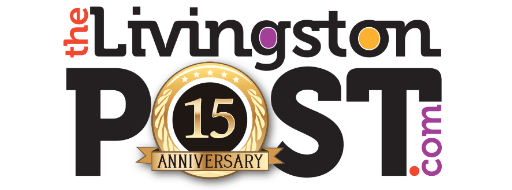If you are a young parent who is seriously considering homeschooling, then I would advise you to think about starting right from the beginning of your child’s education, rather than waiting. It is easier for a couple important reasons: your child won’t have to adjust to a “new” school; and it is also less difficult for the parent, who has probably been out of the school system for years, to learn how to teach material when it is basic and the subjects are few.
If your child has been attending school outside of the home, then he will have an adjustment to one extent or another once you start homeschooling. Our oldest child went to a Christian preschool and then public school kindergarten. We learned about homeschooling and decided to do it because his experience in kindergarten was so negative. He was happy and relieved to be taken out. If, however, it is the parent only who is unhappy with the public or private school, then you may have a battle on your hands, which just adds to the challenge of figuring it all out. Therefore, if you are considering homeschooling and your child is just beginning his academic career, you might want to think about starting now. If you are uncertain, you can always do what we did: take it one year at a time and see how it goes.
In addition, it is much easier to learn how to homeschool when your child’s subjects are few and relatively simple. Even though teaching a child to read is one of the most important things a homeschooling parent will do, there is so much help in almost any curriculum you may buy, that you don’t have to worry at all. In Sing, Spell, Read, and Write, which we used, there are step-by-step instructions that are easy to follow. The program is pricey, but thorough, and includes everything you will need to teach early language arts. It is especially worth the price if you are new to homeschooling, thus perhaps lacking confidence, and would like the work laid out for you. This way, there are no worries about forgetting an important point or doing something incorrectly or in the wrong order. Also, the initial expense is one time, since you will only need to purchase the consumable workbooks for subsequent children. You may be able to recover some of your expense by trying to keep the non-consumable parts in good shape and selling when you are done on www.amazon.com .
Teaching mathematics is also much easier when you are starting from ground zero. Early math should be very hands-on with the daily use of manipulatives so that young children, who are unable to think abstractly, can plainly see –and touch — what is being taught. The focus should be on understanding concepts and memorizing basic facts, such as addition and subtraction (and a little later, multiplication and division) for numbers one through ten. It is much easier for a new homeschooling parent to teach these things, especially when it is all laid out, as it is in the programs we have used, Making Math Meaningful by Cornerstone Curriculum, and Saxon Math, then it is to jump in later when the child will be introduced to algebraic concepts and so on.
Thus, if you have a choice, consider beginning your homeschool journey when your child is starting kindergarten or first grade. It will be an easier adjustment for all concerned. Don’t despair, though, if you are starting later. There is a lot of help available. Just google “homeschool support groups” to get in touch with homeschoolers in your area, or to get help from online experts, visit http://thehomeschoolmagazine.com/ and http://www.homeeducator.com/familytimes/newsletter/index.htm. For additional encouragement, visit Karen Andreola’s beautiful blog at http://www.momentswithmotherculture.blogspot.com/. Mrs. Andreola is well-known in the homeschool community as an expert on education pioneer Charlotte Mason, as well as being the author of numerous books, articles, and product reviews.
